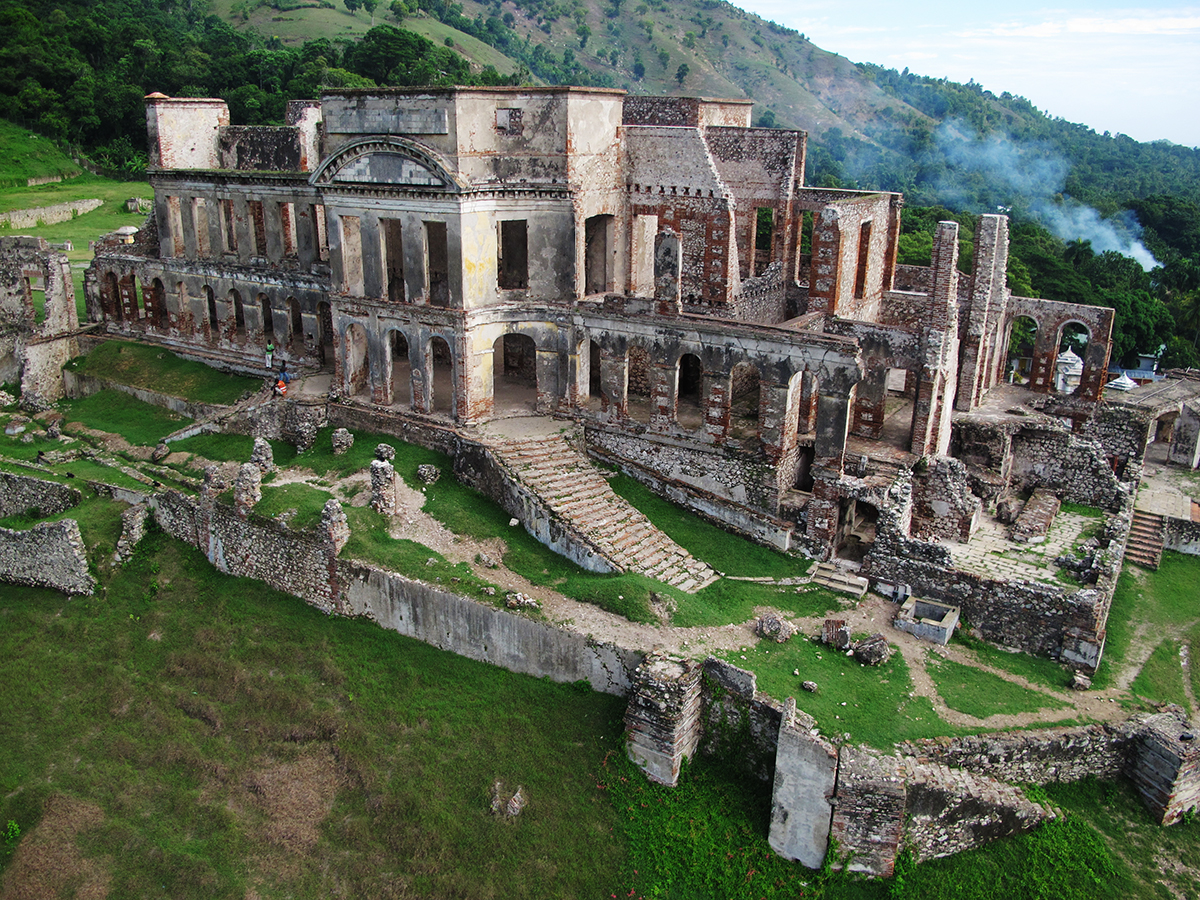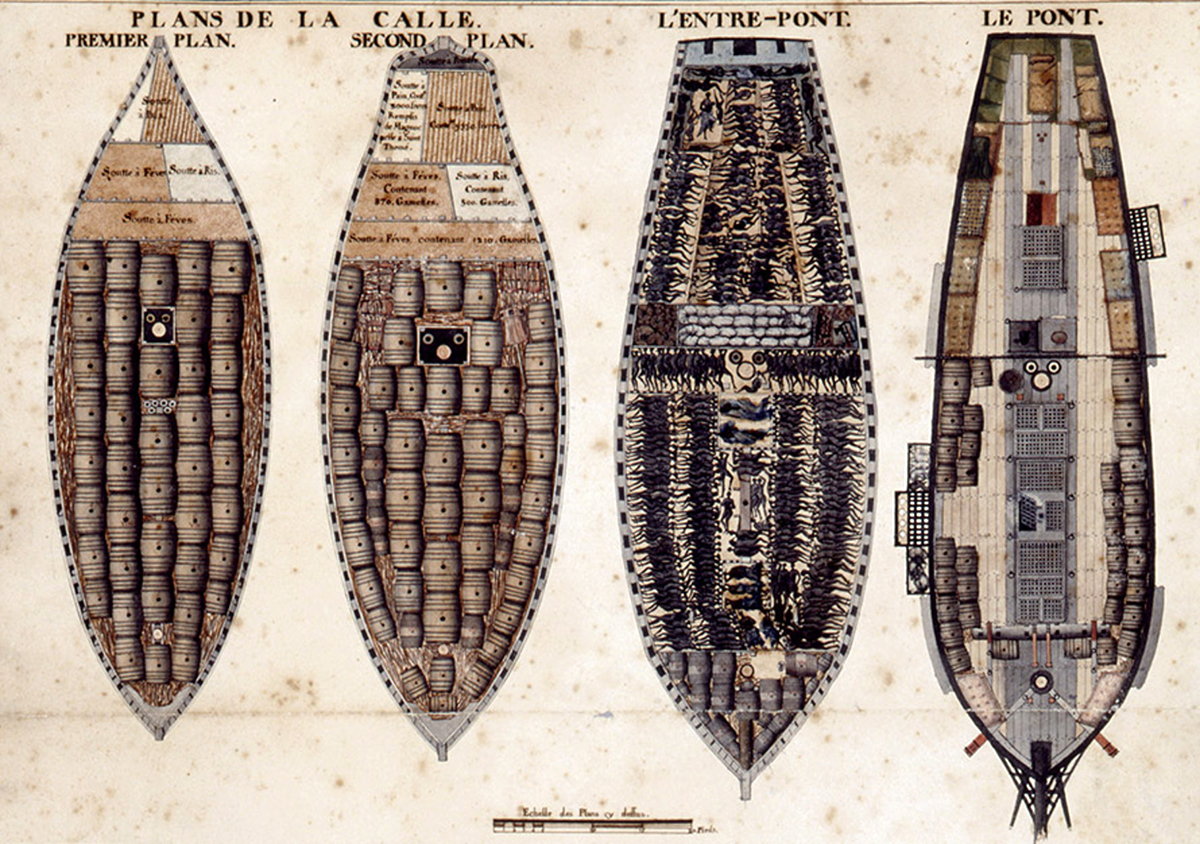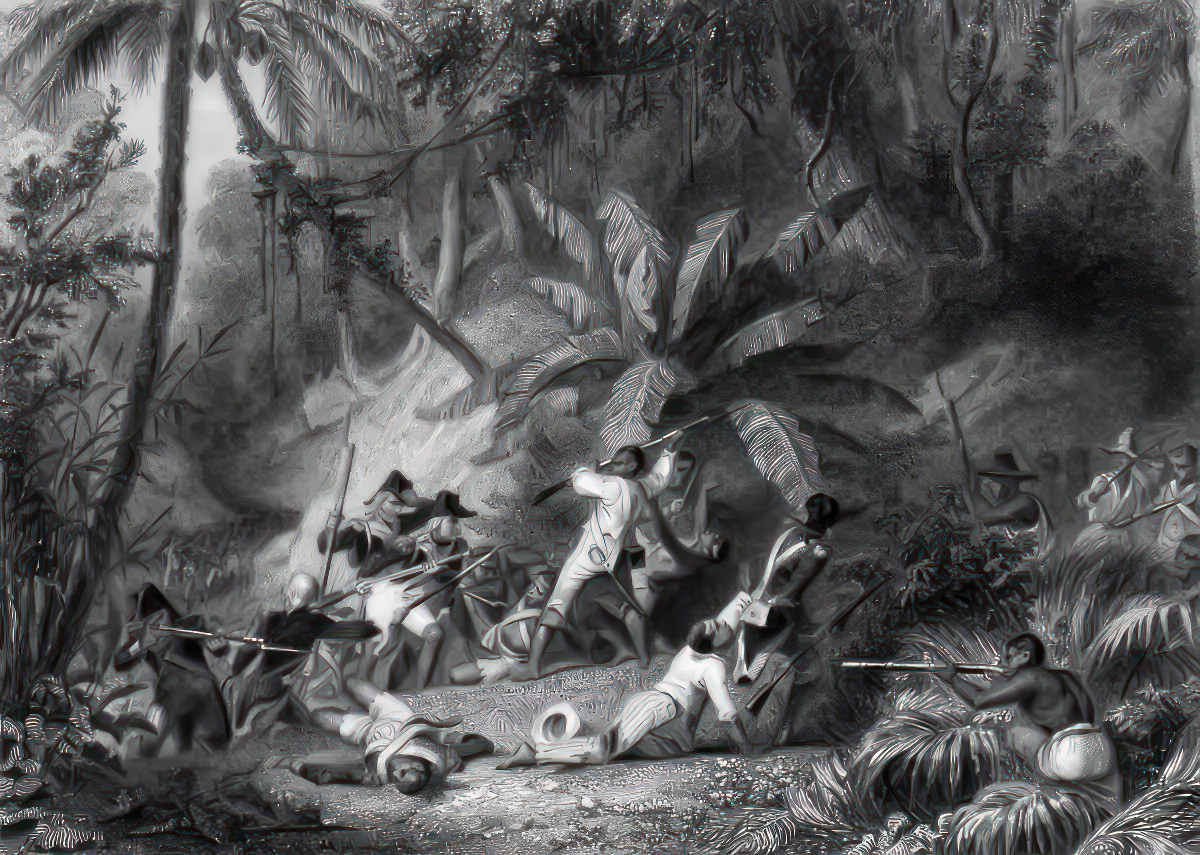France played a significant role in the transatlantic slave trade, which involved the forced migration of millions of Africans to the Americas to work as slaves on plantations and in other industries. French traders were involved in the trade from the early years of its inception in the 16th century, and it continued until the 19th century. France’s involvement in the slave trade was driven by its desire for economic gain, as well as by political and social factors. French traders established a significant presence in West Africa, where they obtained enslaved Africans through a variety of means, including capturing them in wars or raids, purchasing them from other African traders, or accepting them as payment for goods.

France’s colonial empire in the Americas also relied heavily on enslaved labor, particularly in the sugar-producing colonies of Martinique, Guadeloupe, and Saint-Domingue (now Haiti), which became some of the most profitable colonies in the French empire. French traders transported millions of enslaved Africans to these colonies, where they were subjected to brutal and inhumane working conditions. In addition to its direct involvement in the transatlantic slave trade, France also played a role in the illegal slave trade, which continued after the trade was officially abolished in the 19th century. French traders smuggled enslaved Africans into the Americas and continued to profit from their forced labor.

The legacy of the transatlantic slave trade can still be felt in France today, particularly in the country’s overseas territories, where communities of Afro-Caribbean and African descent continue to face economic and social inequality. In recent years, there have been efforts to acknowledge and address this legacy, including through the creation of memorials and educational initiatives.

France has also faced calls for reparations and restorative justice for the descendants of enslaved Africans, both in its overseas territories and in Africa. While progress has been slow, these efforts reflect a growing recognition of the enduring impacts of the transatlantic slave trade and the need to address its legacies.

